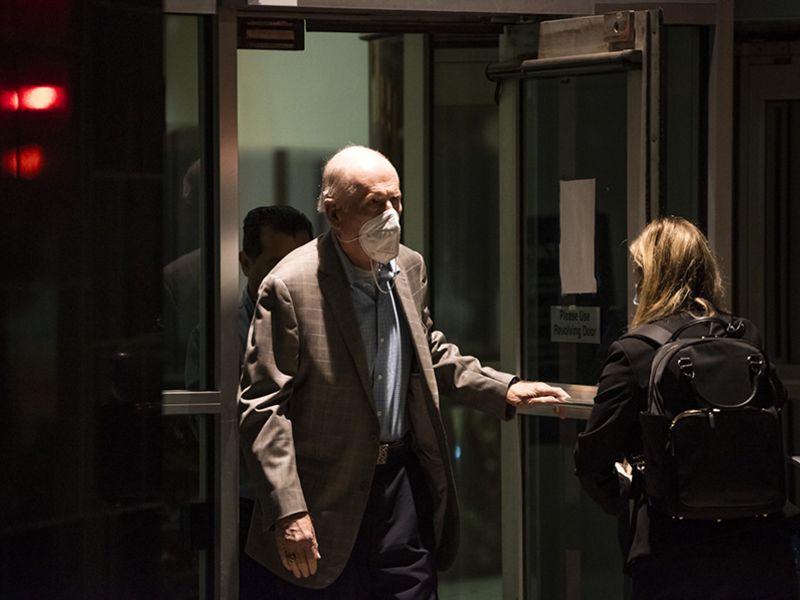
HOUSTON — Reynolds and Reynolds Co. CEO Tommy Barras testified Thursday that he had no doubts that Bob Brockman, his predecessor in the role at the dealership management system giant, was capable of leading the company.
Barras, who took over as CEO at privately held Reynolds and Reynolds after Brockman stepped down from the chairman and CEO roles in November 2020, testified on the fourth day of Brockman’s competency hearing in federal court in Houston that he has known and worked with Brockman for decades. Brockman, Barras testified, remained involved in all important company decisions after Barras was promoted to be Reynolds’ president in June 2020.
He testified that it was Brockman who decided to make Barras president of Dayton, Ohio-based Reynolds, as well as chairman and CEO that November. A prosecutor asked Barras about his compensation before he became CEO and his current compensation. Barras testified that his compensation prior to taking the CEO job was in the $600,000 range, and his current compensation is “about $11 million.”
Prosecutors asked Barras about an email in which they quoted Barras as writing that he has “done many horrible things in my work life with the goal of always protecting Bob and the company.”
Barras testified that he wrote the email, telling prosecutors that “the horrible things I’m talking about here are terminating a friend, a fellow associate.”
“That situation is horrible for me,” Barras testified.
Brockman, 80, was indicted in October 2020 on charges of tax evasion, wire fraud, money laundering and evidence tampering. He has pleaded not guilty.
His attorneys have said recent imaging and testing “supports that Mr. Brockman has either or a combination of Parkinson’s disease dementia, or Alzheimer’s disease dementia” that is not curable. Government lawyers, however, contend Brockman is feigning symptoms of cognitive impairment to avoid prosecution.
Barras testified that Brockman exercised a disability provision in his contract when he left the company last year. Prosecutors told Barras during questioning that the disability package had a value of $150 million, but Barras testified that he had no knowledge of the figure or the specific details of Brockman’s contract.
Prosecutors asked Barras if he verified whether Brockman was disabled, following Barras’ testimony that he had not doubted Brockman’s mental abilities, such as by having a doctor examine Brockman. Barras testified that he did not.
When Barras learned Brockman had been diagnosed with Parkinson’s disease was not entirely clear Thursday during questioning by both prosecutors and Brockman’s lawyers.
Barras told prosecutors that he learned about Brockman’s diagnosis “when it became public” but that he did not recall the exact date, nor whether that date was after Brockman was indicted.
Kathy Keneally, an attorney for Brockman, later showed Barras an email from June 2020 sent by Brockman’s wife and asked if it refreshed his recollection as to when he learned of the diagnosis. When she asked when Barras learned Brockman had Parkinson’s disease, he testified “the date of that email,” but said the issue is “not a simple yes-or-no answer.”
Brockman’s competency hearing is expected to continue into next week.

